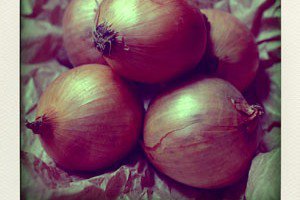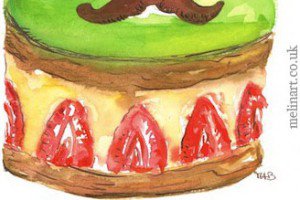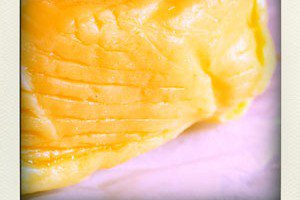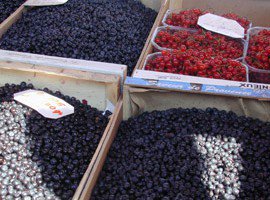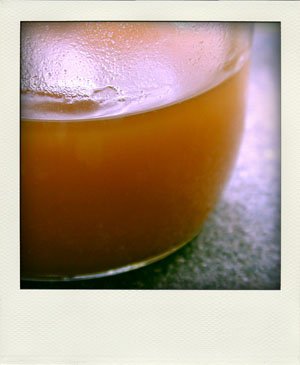
This is part of a series on French idiomatic expressions that relate to food. Browse the list of idioms featured so far.
This week’s idiom is, “Être tout sucre tout miel.”
Literally translated as, “being all sugar all honey,” it means acting in an overtly affable, considerate, and polite way. It is chiefly used ironically, to point out that the person hides negative feelings behind that cloying front.
Example: “Quand ils ont des invités, elle est tout sucre tout miel, mais dès qu’ils sont seuls, elle est odieuse avec lui.” “When they have company, she’s all sugar all honey, but as soon as they’re alone, she’s nasty with him.”
Listen to the idiom and example read aloud:
(If no player appears, here’s a link to the audio file.)
This idiom appeared in the 17th century, and relies on the idea that sugar and honey are, well, sweet, but that using too much of either is suspicious (what bitterness is the cook trying to conceal?) as well as cloying. The adjective mielleux has the same negative connotation, unlike its English equivalent, mellifluous.
Note that the expression can also appear as, “Être tout sucre et tout miel,” “Être tout sucre et miel,” “Être tout miel et tout sucre,” or simply “Être tout sucre” or “Être tout miel.”
[The jar of honey pictured above is brought to us by my aunt’s bees in Lourmarin.]




